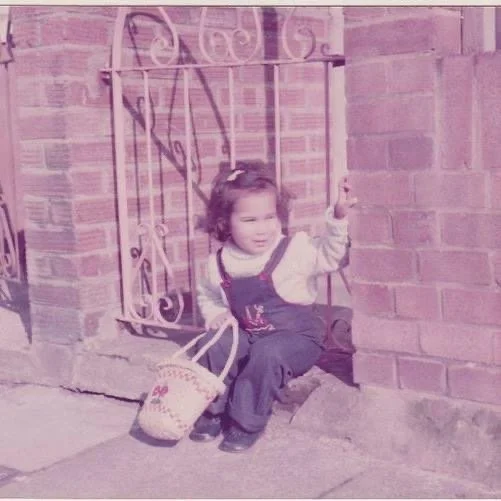Only Child
I am an only child. People often ask me if I was lonely or spoiled growing up. These questions stem from outdated stereotypes perpetuated by nineteenth-century psychologists, such as G. Stanley Hall, who claimed that being an only child was a "disease in itself." However, research has consistently shown that only children are not necessarily spoiled or lonely and often excel in many areas compared to children with siblings.
Toni Falbo, a professor of educational psychology at the University of Texas, has been instrumental in debunking the myths surrounding only children since the 1970s. In a meta-analysis of studies, Falbo and Denise Polit found that "across all developmental outcomes, only children were indistinguishable from firstborns and people from small families" and even outperformed children from larger families.
Contrary to the belief that only children are awkward and antisocial, a 2011 study revealed that adults who had been only children engaged in just as many social activities with friends and colleagues as those with siblings. While they may have participated in fewer social activities with relatives, this can be attributed to having fewer relatives in the first place. Additionally, a survey of Spanish teenagers indicated that only children experienced higher rates of peer victimisation. However, developmental psychology professor Claire Hughes suggests that this perception may be influenced by their lack of siblings, who teach them how to navigate both positive and negative social experiences.
Furthermore, a 2017 study conducted by Southwest University in China suggested that only children demonstrate greater flexibility in thinking and creativity, although they may show somewhat "lower agreeableness."
According to clinical psychologist Linda Blair, author of the book "Birth Order," being an only child has significant advantages. Parents can focus all their time and energy on their only child, while still maintaining their own lives. This unique family structure provides an interesting and enriching upbringing for the child. In the past, being an only child may not have been as positive due to different circumstances, such as infertility or being in the minority. However, nowadays, many parents choose to have only one child, making it a positive and valued choice.
Blair acknowledges that there are some downsides to being an only child. They may feel a bit awkward when interacting with peers as most of these encounters occur in supervised settings like school. Siblings play a crucial role in teaching children social skills and street smarts. Blair recommends going on holidays with other families that have children of similar ages to provide opportunities for sibling-like experiences.
Another potential issue is that only children often grow up in relatively calm and controlled environments with adults. If there is an issue with control or difficulty dealing with chaos, it could stem from this lack of exposure. Blair suggests introducing a little chaos into their lives to help them adapt to unpredictable situations.
However, overall, Blair maintains that being an only child does not present any serious problems. The most important factor is the quality of relationships, not the number of siblings. Having a sibling can be an incredible experience, but it is not a guarantee of a perfect relationship. Hughes echoes this sentiment, emphasizing that it is the love and care provided by parents that truly matter in ensuring psychological well-being for their children.
In terms of the ideal family size, there is no one-size-fits-all answer. The perfect family size is the number of children that works best for each individual family. It is a personal decision that should be based on what will bring happiness and fulfillment to both parents and children.

